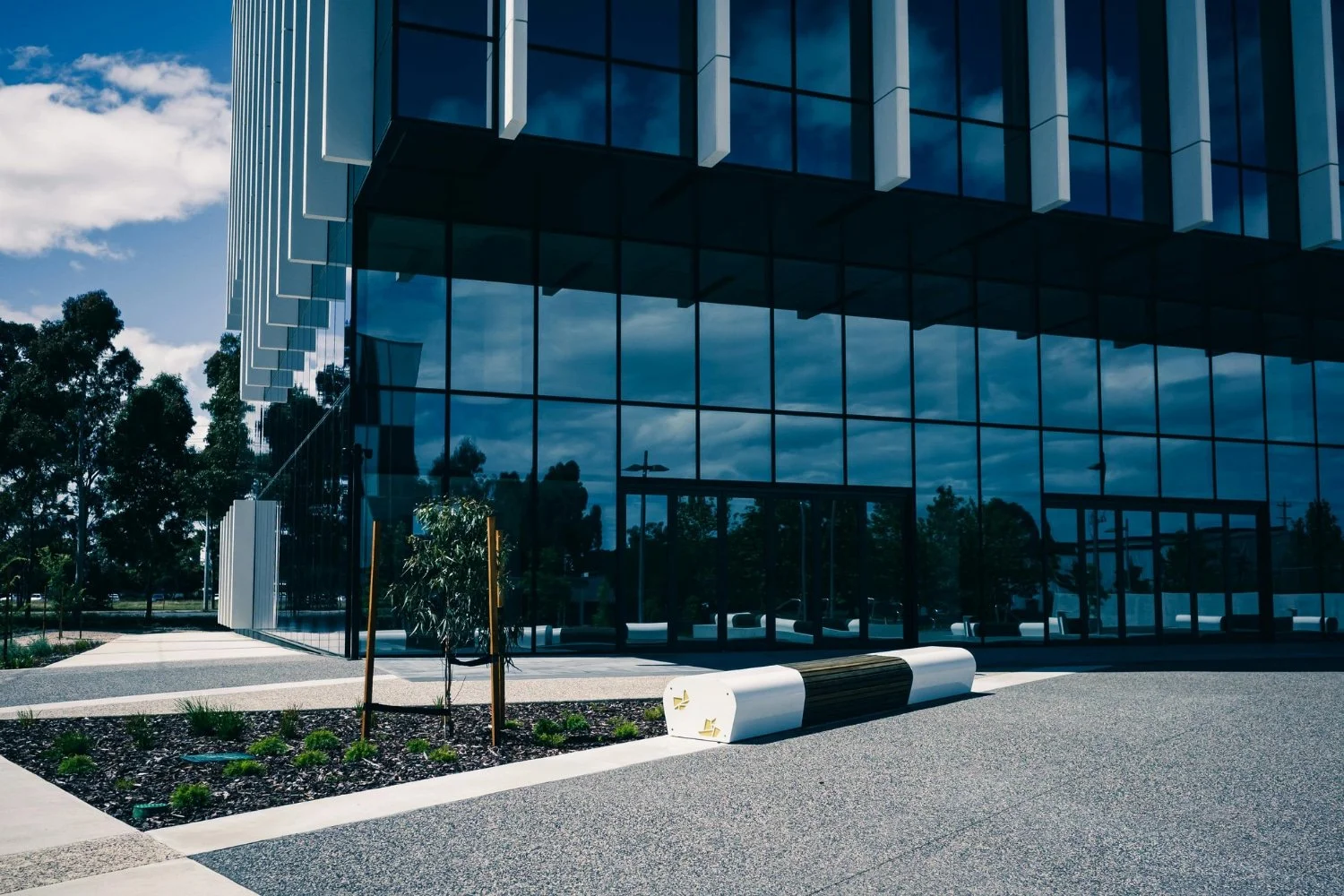Renewing a Commercial Lease: Tips for a Smooth Negotiation Process
The lease renewal process is crucial for business continuity but can create various challenges for owners. So, if you’re negotiating a commercial lease extension agreement or exploring rental renewal agreements, being prepared can hugely help.
While it’s best to consult our business lawyers for tailored advice, you can get your commercial lease negotiation off to a good start with simple, practical tips below.
1. Start Early to Secure Your Space
Start lease negotiations at least six months before expiration to prevent headaches and secure your commercial property. This proactive approach gives you an advantage in negotiations. It allows you to communicate with your commercial leasing agent about any changes in the rental market. Also, it’s better to explore your options for lease renewal or extension rather than wait for your landlord to bring you unexpected news.
2. Evaluate Your Current Lease Terms
Have a thorough look through your existing commercial lease to understand your rights and obligations before any negotiation starts. Remember to consider major factors like rent increases, maintenance responsibilities, and break clauses. Use the early start to pinpoint areas where you may want to negotiate improvements, like better maintenance support. It’s best to prepare your requests for changes or any other requirements meticulously ahead to avoid missing any detail.
3. Understand Market Conditions
Explore comparable properties in your area to assess whether your current rent is competitive. If you find that similar properties have lowered their rent, this can be a valuable piece of information to use during negotiations for a better rate. Another solution for business owners with little time to research is to consult with a commercial leasing agent commercial leasing lawyer who can provide insights into market trends and potential fees.
4. Consider Lease Extension Options
If you have to choose between a lease extension and signing a new one, a lease extension agreement can be more advantageous for your business in the long term. A lease extension typically allows you to continue operating in your existing space without the disruption of moving, which can save on relocation costs and minimise downtime for your business. Extending your lease may also come with favourable terms that reflect your established relationship with your landlord, such as rent stability or minor adjustments based on market trends, which can be beneficial for budgeting. However, it’s best to consult with your commercial leasing agent to weigh your options and obtain information that benefits your business based on your current situation.
5. Prepare for Lease Negotiation
Before lease negotiation, research and consult a business lawyer or commercial leasing agent to identify your key priorities: reduced rent, maintenance obligations, or flexible renewal terms. Also, while it’s vital to know your must-haves, be prepared to compromise on less critical points. Adopting an open-minded approach can often lead to mutually beneficial arrangements that satisfy both parties. Active listening is a key component during negotiation, so make sure to understand the landlord’s perspective and needs as well to have more productive discussions.
6. Finalise and Document the Agreement
Once negotiations are complete, ensure that the rental renewal agreement is documented thoroughly. Review the final lease extension agreement with your commercial lawyer to avoid any overlooked clauses. Always verify that any verbal agreements are also reflected in the written document.
Renewing Your Commercial Lease the Right Way
Lease renewal doesn’t have to be stressful. With ample preparation and expert support, you can navigate the process smoothly. Remember to start early, have a grasp of current market conditions, and partner with a seasoned commercial leasing agent or attorney who can guide you through negotiations.
If you’re looking for tailored help with lease renewals and commercial property negotiations in Queensland, contact Bradley & Bray today. Our knowledge and experience in Queensland’s commercial property market enable us to offer insights, point you in the right direction and negotiate confidently on your behalf.
Disclaimer: This article is general in nature and does not constitute legal advice. If you require legal advice in relation to your personal circumstances, you must formally engage our firm or another firm to provide legal advice in relation to your matter. Bradley & Bray lawyers take no responsibility for any use of the information provided in this article.





